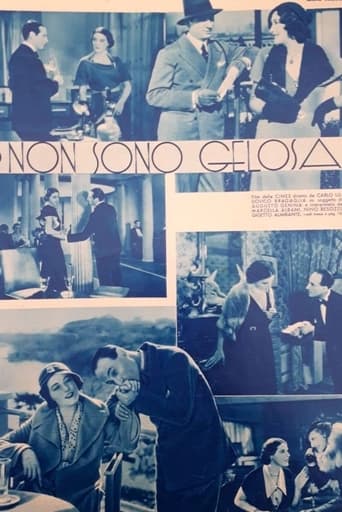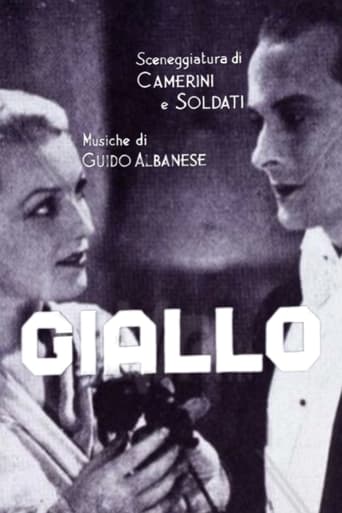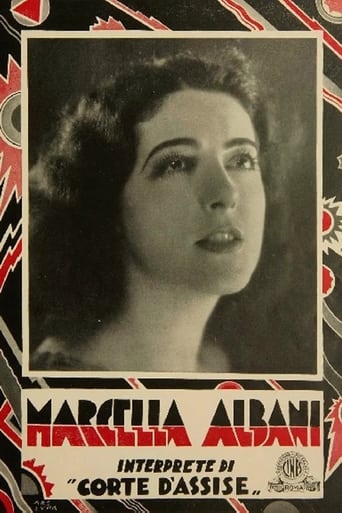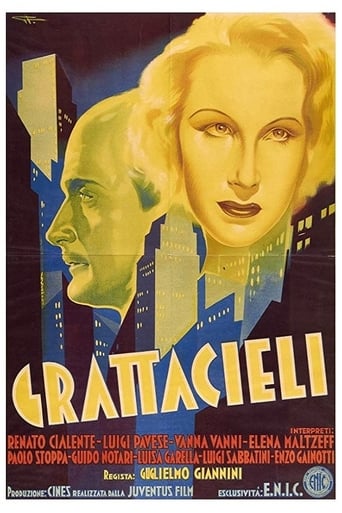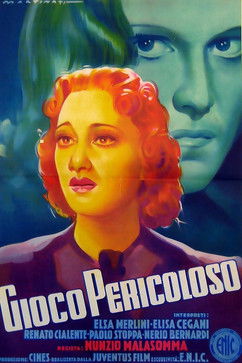Cines
Non son gelosa 1933
Giallo 1934
A woman becomes convinced that her husband is an infamous wife-killer intent on adding her to his list of victims.
Before the Jury 1931
During a reception in a villa, wealthy banker Calandri is killed in the park with a gunshot. The gamekeeper Barra is immediately arrested, but he declares himself innocent. During the trial it turns out that the defendant had threatened the victim, guilty of courting his sister-in-law. But the deposition of a journalist present at the party soon leads to discover the existence of a dense network of equivocal relations between the victim, the guests and the servants. This judicial setting drama is allegedly the second Italian sound film after "The Song of Love", made using the RCA Photophone recording technique, and is also considered to be the first Italian detective film, a precursor to the later genre of Giallo films.
La maestrina 1934
Skyscrapers 1943
During a party a drunken guest falls from the terrace, killing himself. The police inspector in charge of the investigation suspects all the participants in turn, and mysterious stories come to light.
Gioco pericoloso 1942
A Toreor's Love 1910
A toreor is happily married to a young and pretty lady, whose charms have aroused the passion of another toreor, who forces his attentions upon her. She is compelled, by threats, to write a note to her husband, saying she does not love him. The husband enters, and reads the note. In spite of protestations of innocence, he refuses to believe her and tells her to leave his home for ever. Shortly after, a great bull-fight takes place, in which the guilty toreor is wounded. Repenting of the misery he has caused, he sends for the husband and confesses all, and the latter, repentant of his jealous conduct, seeks out his wife, and happiness is restored.
Otello 1906
An Italian movie about Othello.
Giuditta e Oloferne 1929
Giuditta e Oloferne is a 1929 Italian silent historical film directed by Baldassarre Negroni and starring Bartolomeo Pagano, Jia Ruskaja and Franz Sala. It was the final film of Pagano, who had been famous during the silent era for his portrayals of Maciste. The film is based on the story of Judith Beheading Holofernes.

